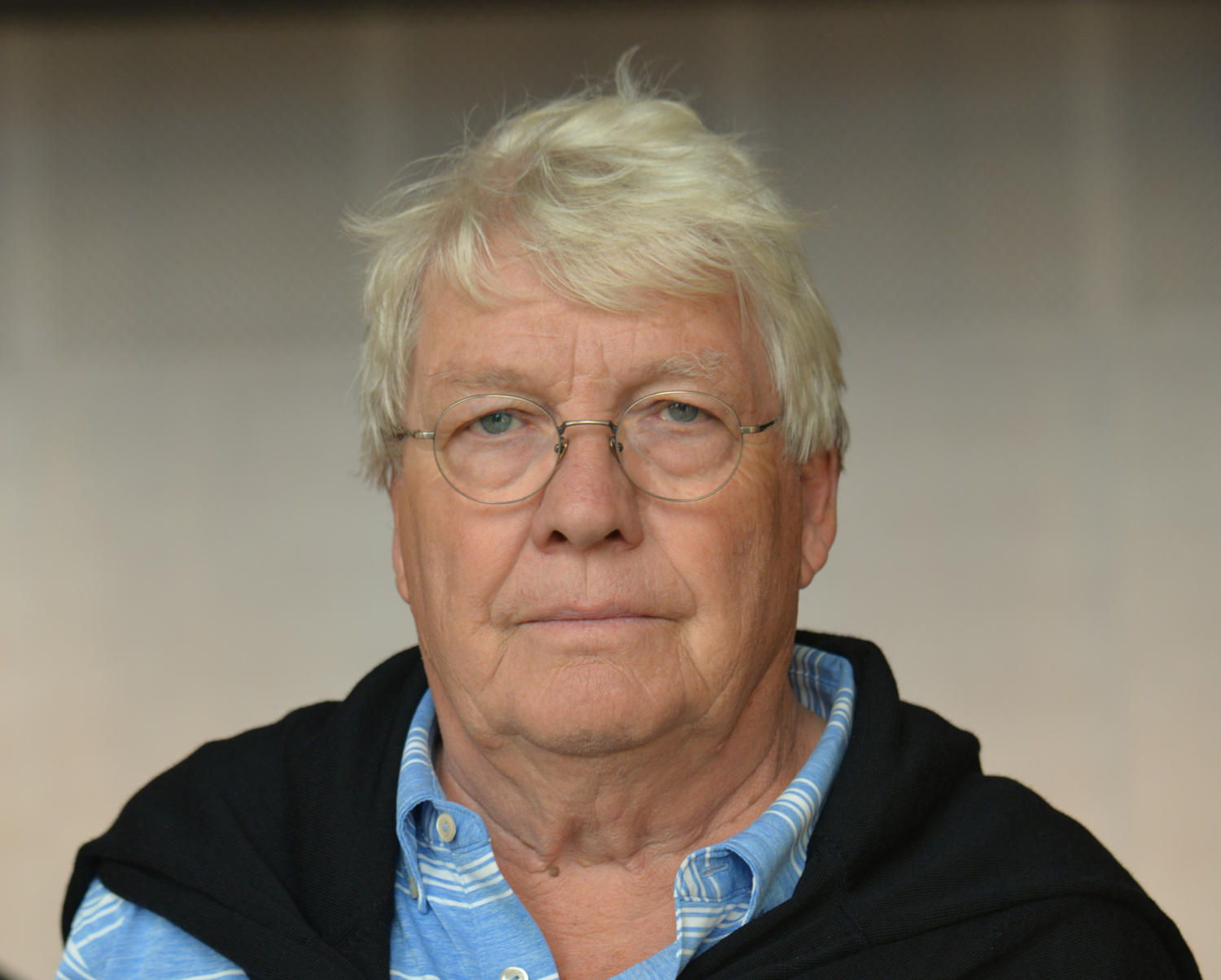The world’s fisheries sustain millions of people. The food they provide is crucial for human nutrition and livelihoods. Yet the ecosystems that produce aquatic foods face unprecedented challenges from pollution, overfishing and climate change. Determining how to manage these ecosystems requires that we think about environmental issues in tandem with the social, nutritional and livelihood needs of the people who depend on them, says , an assistant professor in the Department of Public and Ecosystem Health in the College of Veterinary Medicine.
Kathryn J. Fiorella
“The environment isn’t separate from people and their societies; they’re all really intricately intertwined,” says Fiorella, who carries out research from a One Health paradigm, which focuses on the relationships between humans, animals and the environment, and the impact of those relationships on the health of populations. “The changes that are happening to our planet are going to impact our health in many ways, and figuring out how that’s going to happen and mitigating it is becoming more and more important.”
Fiorella looks mainly at freshwater global fishery systems. Much of her work has been centered specifically on fisheries in the Tonle Sap Lake region of Cambodia and in the portion of Lake Victoria that lies within Kenya. Lately, she has begun some projects in upstate New York as well.
To fish or not to fish – there’s more to the question
In Cambodia, Fiorella and her lab studied the effects of climate change on how people fish. Using data sets from WorldFish, an international nonprofit research organization, the researchers considered the behavior of small-scale fishers in Cambodia from 2012 to 2015.
“A lot of times, when climate change gets modeled, we look at what the impact of climate will be on fish populations, and then we think about the implications of that,” Fiorella says. “But the reality is that fishers also make decisions about how much they will harvest and what kind of effort they’ll put into fishing versus some other aspect of their livelihoods. So we want to think about both how the climate is affecting the ecological dimensions of the fish population and how it is affecting people’s behavior and maybe changing whether they fish or the ways that they fish.”
Jackie Swift is a freelance writer for the Office of the Vice President for Research and Innovation.








